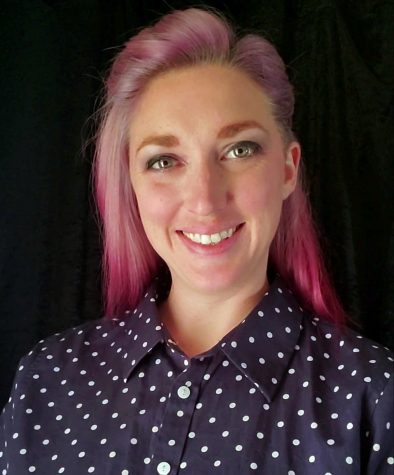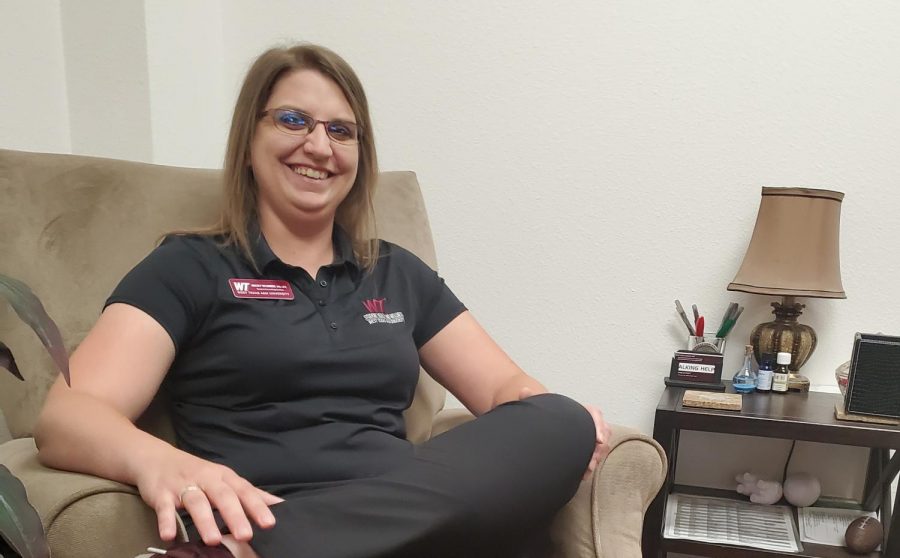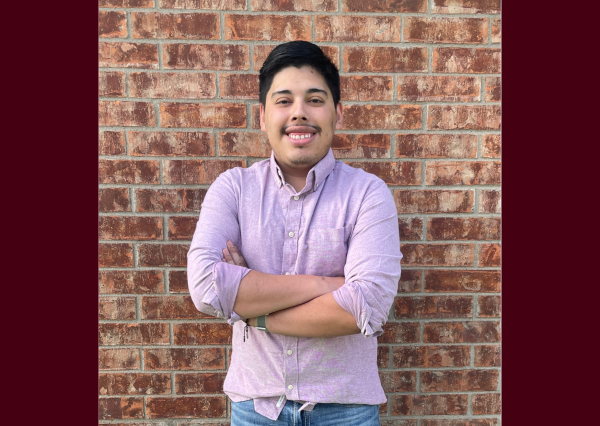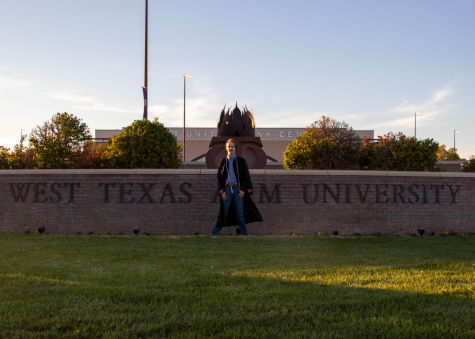Give yourself permission
Becky Warren talks about how college can be a time of intense self-discovery mid August in the student counseling center. “Just…try on different versions of yourself, you know and see what you think and quietly observe” said Warren. School starts soon, jumpstarting personal growth and introspection for many students.
College has become nearly synonymous with self-discovery. For many students, college is the first experience in crafting their own lives. With new found freedom, they are able to dictate how time is spent, with who, and how they want to present themselves to the world in a way that says, this is me.
Self-discovery is the process in which individuals find a deeper understanding of their own self, needs, values, and purposes in life rather than relying on outside sources such as the opinions of family, friends or peer pressure. It is the process of discovering what is worth wanting, what makes your soul shine, and how to live in a way that is true to themselves.
I talked with Becky Warren, MA, LPC, in the student counseling center to discover more about how to find yourself. “[College] is to try on different versions of yourself, figure out which one fits and then proceed accordingly. …It’s an easy time to do that because there’s limited consequences”, Warren said.
Being removed from the home environment gives students freedom from cultural and familial expectations, as well as comfortable routines that tend to inhibit self-discovery. “you don’t have the opportunities [at home] that you have here at WT, and so it kind of maybe feels like you don’t have permission to take on these new things or grow or move in a direction that’s not familiar” Warren said. “So I think you have permission to explore and decide what’s best for you because now you’re an adult…so who do you want to be”.
However, the shift from leaving home may leave students feeling isolated, homesick and unable to rise up to the challenge.
Carving out your own social niche can help promote the security and safety needed for self-exploration. While finding one’s place can help mitigate feelings of homesickness, isolation, and depression. Interacting with new people and groups can offer a way to explore new ideas or try on new identities. “…find a group or two, or a couple of good friends. Just to try on different versions of yourself, you know and see what you think and quietly observe,” Warren said.
“[Also], I would say go do the exploring, volunteer different places, go to OSLE (Office of Student Learning and Engagement), and hook up with a lot of those organizations you know find what fits you and your tribe”, Warren said.
WTAMU offers many different types of organizations to help you find your own social niche or engage in a new activity. Groups on campus range from intramural sports, faith-based organizations, to the love of Kpop or gaming.
Choosing social groups and activities that align with your personal values is important. Having incongruent values and goals can result in self-defeating behavior. As students try on different versions of themselves, some may fear losing themselves or getting out of touch with their values.
I asked Warren how students can make sure they stay true to themselves as they evolve, “I think some of it you won’t know until they get challenged,” Warren said. “You know, you might be kind of unaware that it’s as important to you as you think it is, and likewise things that you think are really important to you, maybe aren’t as much.”
“Why does it have to be that you lost yourself and not that you grew and adapted…” Warren said. Changing into someone new may be scary but it isn’t necessarily a bad thing. “You may not agree with what you came here with when you leave, and that’s okay,” Warren said. “…You may be that same person through, and that’s okay too, you know, but so long as you feel comfortable with the direction you’re heading I think that’s what’s important.”.
Taking the time for self-reflection can be a beneficial tool for self-discovery,, “… journaling, exploring, researching all these things can help with [self-discovery] as well,” said Warren.
Try journaling with these prompts, “What I want to be doing when I graduate? What relationships do I want to have? What does [being a strong person] mean, what does that look like?” said Warren. “What are the things that motivate you? Why are you doing what you’re doing? If your parents taught you one thing and it’s been problematic for you, what would you want to teach somebody else?”
Finally, remember that college is not the only time to learn about yourself and/or make mistakes. Self-discovery is a never ending journey and you may have different selves throughout your entire life. French philosopher Sarte claimed, “Man is nothing else but what he makes of himself”. Suggesting that as individuals we are capable of defining ourselves, our lives, and ultimately who we want to be.
If you would like help during the transition to college or in self-exploration, the student counseling center is here for you. The student counseling center provides confidential counseling from certified professionals and has 10 sessions included in your tuition. They can help provide self-reflection tools and safe spaces to help you be your best. Contact them at 806-651-2340 or come by located in the Classroom Center, Suite 116 to make an appointment.
Sources
Becky Warren, M.A., LPC
[email protected] 806-651-2340 CC 116
OSEL – Office of Student Engagement and Leadership | WTAMU
Cantor N., Kemmelmeier M., Basten J., & Prentice D. (2002) Life Task Pursuit in Social Groups: Balancing Self-Exploration and Social Integration, Self and Identity, 1:2, 177-184, https://doi.org/10.1080/152988602317319366
Dorrance Hall, E., & Scharp, K. M. (2021). Communicative predictors of social network resilience skills during the transition to college. Journal of Social and Personal Relationships, 38(4), 1238-1258. https://doi.org/10.1177%2F0265407520983467
Dyson, R., & Renk, K. (2006). Freshmen adaptation to university life: Depressive symptoms, stress, and coping. Journal of clinical psychology, 62(10), 1231-1244. https://doi.org/10.1002/jclp.20295

Allexa is currently pursuing their Master of Arts in clinical psychology, with an emphasis on human sexuality. They are passionate about reducing the stigma...


















